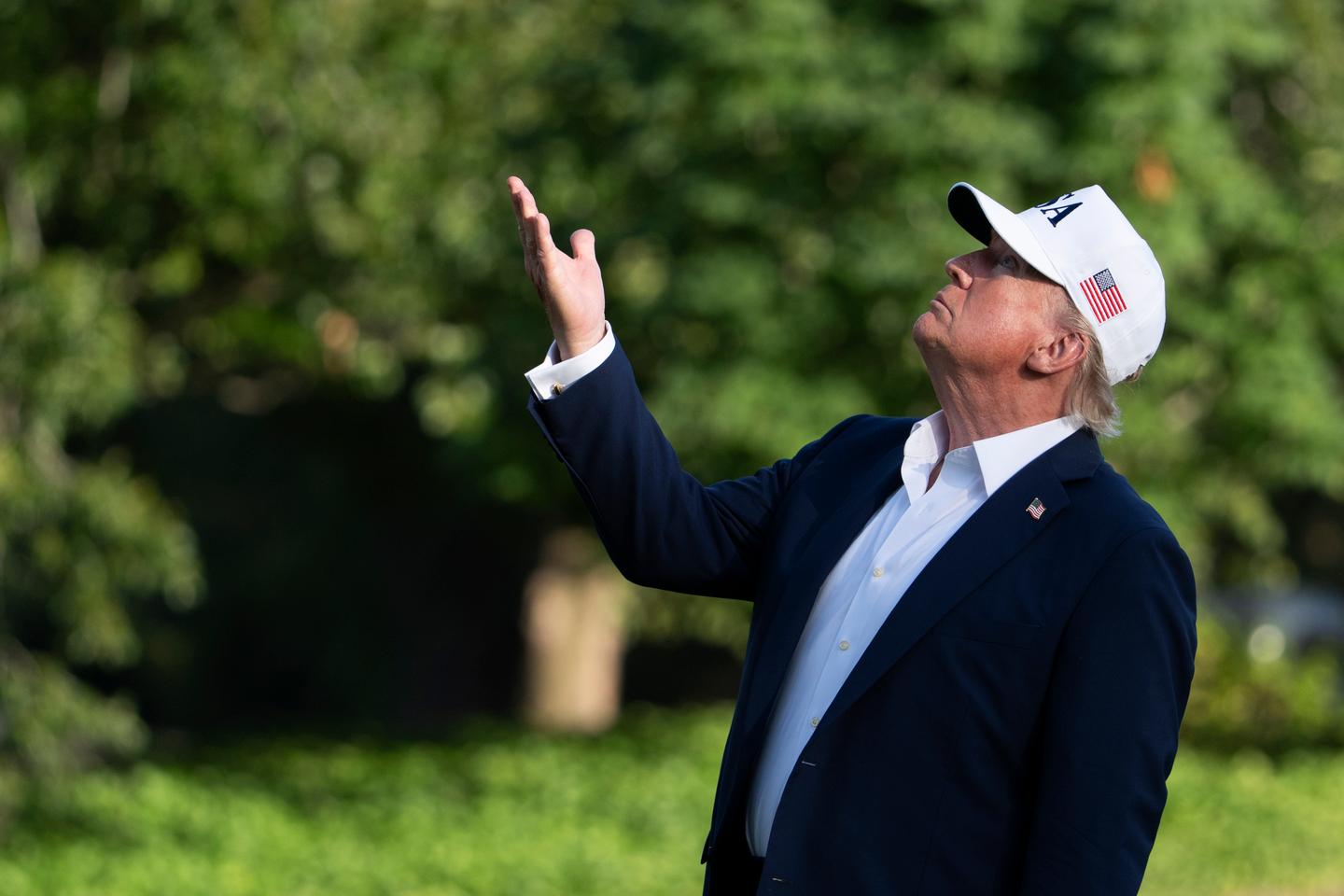


The joke was already making the rounds among diplomats during his first term: Negotiating with the president of the United States, Donald Trump, is like playing chess with a pigeon. The bird furiously flaps its wings, knocks over all the pieces while cooing with delight, then defecates on the board and says, "I won!" In reality, Trump has lost a lot at this game.
When facing down China, which Trump threatened with a tariff apocalypse, or the head of the Federal Reserve Jerome Powell, whom he tried to destabilize, Trump merely flapped his wings wildly, but it made no difference. And when he "wins" – which does happen – it is at the cost of indescribable chaos that affects everyone. That is how, at the end of June, Trump shattered a jewel of multilateralism: the global minimum tax on multinational profits, the result of the broadest international tax agreement ever reached.
In October 2021, for the first time, this agreement put a stop to the global race to the bottom in corporate taxation, which for decades had undermined state revenues and exacerbated inequality. More than 130 countries agreed to a minimum tax of 15% on large corporate profits. Admittedly, the rate remained modest; admittedly, exemptions weakened the measure. But at least, under the leadership of the Organisation for Economic Co-operation and Development (OECD) and the G20, an agreement finally made it possible to stand up to large corporations.
It was not unreasonable to hope that the 15% rate would be raised in the coming years; that countries would succeed in stemming multinational tax evasion ($1 trillion in profits – over €850 billion – end up in tax havens every year); that similar minimum taxes targeting other elusive assets, such as large fortunes, would be introduced. In short: There was hope that countries were finally beginning to take back control of their destinies, aiming to rebuild a fairer economic framework.
You have 52.42% of this article left to read. The rest is for subscribers only.
